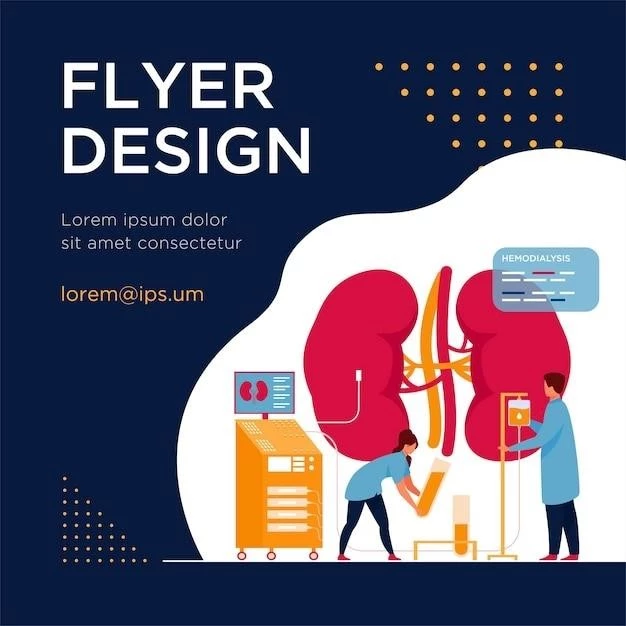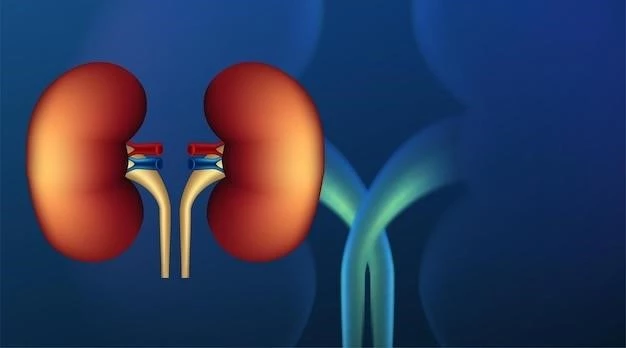The causes, symptoms, diagnosis, treatment, prognosis, and research updates on this condition.
Causes of Bilateral Renal Agenesis
Bilateral renal agenesis is primarily a congenital condition caused by genetic factors. Mutations in certain genes during fetal development can lead to the absence of both kidneys. Environmental factors may also play a role. Maternal exposure to certain substances during pregnancy can increase the risk. However, in many cases, the exact cause remains unknown. Understanding the genetic and environmental factors involved is crucial for preventive measures and potential treatments.
Symptoms and Diagnosis of Bilateral Renal Agenesis
Symptoms of bilateral renal agenesis typically manifest during pregnancy through ultrasound scans that show the absence of fetal kidneys. After birth, affected babies may exhibit signs of respiratory distress and other complications. Diagnosis involves prenatal imaging studies, genetic testing, and postnatal evaluations to confirm the condition. Early detection is crucial for appropriate management and ensuring the best possible outcome for the child.
Treatment and Management of Bilateral Renal Agenesis
Addressing complications and supporting affected individuals through specialized care and interventions.
Treatment Options for Bilateral Renal Agenesis
Management involves a multidisciplinary approach. In cases of non-viable pregnancies, supportive care is provided to parents. For newborns, treatment focuses on addressing complications like respiratory distress and maintaining fluid balance. Dialysis and kidney transplantation are potential long-term options. Both medical and surgical interventions are tailored to the individual’s needs, aiming to improve quality of life and overall health outcomes.
Prognosis and Complications of Bilateral Renal Agenesis
The prognosis for bilateral renal agenesis is challenging, with a high mortality rate in the absence of treatment. Complications can arise from associated conditions like Potter sequence, leading to lung underdevelopment. Long-term complications may include kidney-related issues or the need for ongoing dialysis. Early intervention and close monitoring are essential in managing complications and optimizing the prognosis for individuals affected by this condition.

Research and Advances in Bilateral Renal Agenesis
The latest developments and breakthroughs in understanding and treating this rare congenital condition.
Research Updates on Bilateral Renal Agenesis
Ongoing studies focus on genetic factors influencing the development of this condition, potential prenatal screening methods, and advancements in treatment options. Researchers aim to improve outcomes for affected individuals by exploring innovative therapies and understanding the complex interplay of genes and environmental factors contributing to bilateral renal agenesis. Stay tuned for the latest updates in this field.
Pregnancy and Bilateral Renal Agenesis
Pregnancy management in cases of bilateral renal agenesis involves close monitoring and counseling for families. Prenatal testing can help detect the condition early, allowing for informed decisions and potential interventions. Genetic counseling plays a crucial role in understanding the risks of recurrence in future pregnancies. Collaborative care between obstetricians, neonatologists, and specialists is essential to provide comprehensive support and guidance throughout the pregnancy and delivery process.
Living with Bilateral Renal Agenesis
Managing life with bilateral renal agenesis involves regular medical follow-ups, adherence to treatment plans, and lifestyle adjustments to promote overall health. Individuals may require ongoing support to cope with the challenges of kidney function impairment. Diet modifications, medication management, and mental health support are important aspects of living well with this condition. Encouraging a supportive environment and staying informed about available resources can enhance the quality of life for individuals and their families.
Support Groups for Bilateral Renal Agenesis
Connecting with support groups can provide valuable emotional support, shared experiences, and access to resources for individuals and families affected by bilateral renal agenesis. These groups offer a sense of community, information on coping strategies, and a platform to discuss concerns openly. Online forums, local meetups, and advocacy organizations can be instrumental in navigating the challenges associated with this rare condition. Joining a support network can help individuals feel less isolated and more empowered in their journey.
